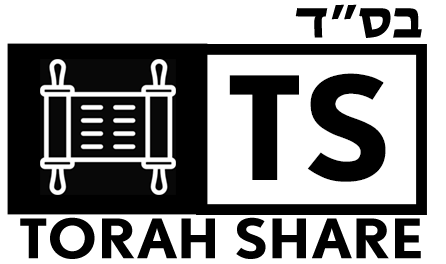In this week’s Torah portion Korach, a member of Moses’ tribe the Levites and other communal leaders challenge Moses’s leadership and the appointment of priesthood to Moses’ brother Aaron. Motivated by envy toward Moses and Aaron they argue for equality. We are all holy. How can there be a hierarchy in holiness within Israel?
They came as a group to oppose Moses and Aaron and said to them, “You have gone too far! The whole community is holy, every one of them, and the LORD is with them. Why then do you set yourselves above the LORD’s assembly?
Moses responded to Korach:
Now listen, you Levites! Isn’t it enough for you that the G-d of Israel has separated you from the rest of the Israelite community and brought you near Himself to do the work at the Lord’s tabernacle and to stand before the community and minister to them? He has brought you and all your fellow Levites near Himself, but now you are trying to get the priesthood too . . .
~~~~~~~~~~~~~~~
Life is a divine mission. If Korach would have understood this, then he would have realized that no one has a better or more important mission.
It is ridiculous to ever be envious of another person’s lot. Don’t ever think that the president of the United States is any more important than a waiter in a restaurant. If G-d is with us in our mission, then one person’s mission cannot be more important than another’s, because everyone’s mission is actually G-d’s mission.
Real success does not depend on how much we accomplish on earth. And it does not have anything to do with how much attention the accomplishment gains in the public eye. What really matters is your intention and the quality of your deeds. Did you put your soul into your mission and live your life for G-d’s sake, seeking to grow, striving to become better, concerned about improving yourself and the world?
The great Torah sages taught: I am a creation and my friend (even one who is uneducated) is a creation. Just as he is not an expert in what I do, I am not an expert in what he does. Do not think that I do more and he does less. That is incorrect. It does not matter whether he accomplishes seemingly big deeds or little ones. What really matters is whether his intentions are for the sake of heaven.
This lesson does not make any apparent sense. These great sages made historic contributions to human spiritual and ethical development. Their names will be remembered forever. How could they have possibly compared themselves to simple people who were unlearned, whose deeds could never have earned them world recognition, and who will surely be forgotten in the annals of history? How could they say that what really matters is the purity of one’s intentions and the power of one’s commitment to act on behalf of G-d?
These sages understood that each and every one of us has a mission in life — a calling. The thing you must always remember is who is calling. G-d is calling you to be His agent on earth, and the mission He is asking you to fulfill is not only your mission but G-d’s mission.
If we are all working for G-d, then there is no such thing as a small mission. How could one divine mission be less than another divine mission? Can either one ever be any less than the ultimate?
If we would internalize this truth, we would free ourselves of the foolish habit of comparing ourselves with others. We would heal ourselves of a debilitating disease that rots our bones — jealousy.
The Talmud tells a story about a fellow who got a glimpse of the afterlife. He was surprised to see that the next world was upside down. He saw some people who during their lives on earth were very respected and famous, but in the next world they were nobody. Although these people were once recognized as significant members of the upper echelons of society, they were now considered part of the lower class. He also saw people who in their lifetimes were simple workers but now were prominent members of the highest order. It was a shock to him.
Imagine you are a world-renowned actor and wherever you go people look at you in great awe and admiration. Then the curtain falls on your life, and you find yourself in a new world — the afterlife. To your surprise, in this world nobody even notices you. Suddenly you see a familiar face, and it is your maid surrounded by a crowd of angelic fans. In the afterlife she may be the celebrity and you the shlepper. How is this possible? It all depends on the quality of your deeds and your attitude. Did you invite G-d into your work? Did you work with the intention of being G-d’s agent — serving to perform a divine mission — or was it just an ego trip?
If you are interested in more readings and videos from this Rabbi please visit this YouTube Channel: https://www.youtube.com/c/RabbiDavidAaron
If you are interested in receiving these Torah-Share.com posts via email please subscribe here: https://torah-share.com/subscribe/
